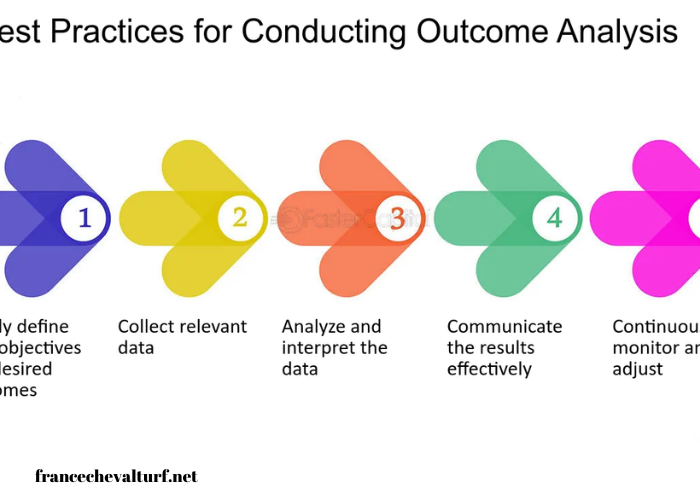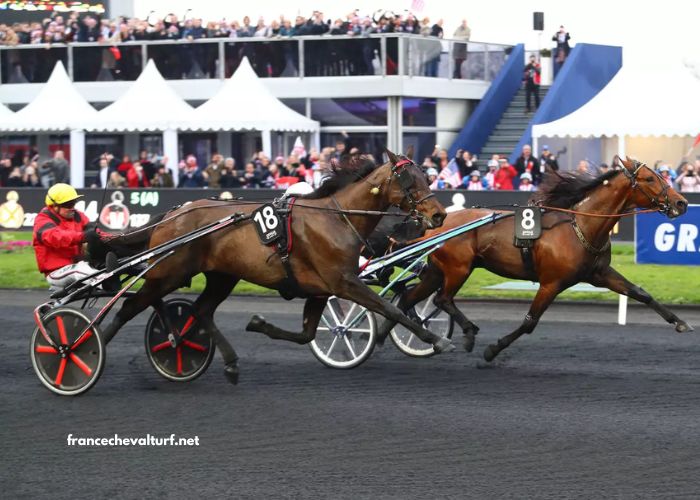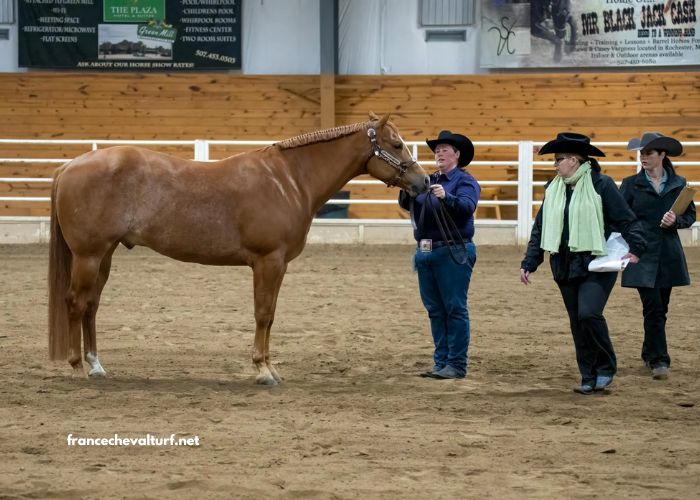The Casa Course, a renowned educational program, has garnered attention for its innovative approach to learning and its promising outcomes. As educators and researchers delve into the results of the Casa Course, valuable insights emerge, shedding light on effective teaching methods, student engagement, and the overall impact of the program. In this article, we will delve into the intricacies of the Casa Course results, analyzing key findings and uncovering valuable insights.
Understanding the Casa Course
Before delving into the results, it’s essential to grasp the essence of the Casa Course. Developed as an interdisciplinary educational initiative, the Casa Course aims to provide students with a holistic learning experience that integrates various subjects and fosters critical thinking, creativity, and problem-solving skills. Rooted in experiential learning, the course encourages active engagement and inquiry-based exploration, steering away from traditional rote memorization.
The Casa Course curriculum is structured around real-world challenges and projects, allowing students to apply theoretical knowledge in practical settings. Through hands-on activities, collaborative projects, and interactions with experts in diverse fields, participants gain valuable insights and develop a deeper understanding of complex concepts. Moreover, the course emphasizes the cultivation of soft skills such as communication, teamwork, and adaptability, preparing students for success in an ever-evolving world.
Key Findings from Casa Course Results
- Enhanced Critical Thinking Skills: One of the most notable outcomes of the Casa Course is the significant enhancement of students’ critical thinking abilities. Through inquiry-based learning and problem-solving tasks, participants learn to analyze information critically, evaluate evidence, and formulate well-reasoned arguments. This development of critical thinking skills not only benefits academic performance but also equips students with the capacity to navigate challenges and make informed decisions in various aspects of their lives.
- Improved Collaboration and Communication: The Casa Course fosters a collaborative learning environment where students work together to tackle complex problems and complete projects. As a result, participants develop strong teamwork skills, learn to communicate effectively, and appreciate diverse perspectives. This emphasis on collaboration mirrors real-world work environments where teamwork and communication are essential for success. The ability to collaborate efficiently is a valuable skill that students can carry forward into their future endeavors.
- Integration of Knowledge: Unlike traditional educational approaches that compartmentalize subjects, the Casa Course promotes the integration of knowledge from different disciplines. By exploring connections between subjects and addressing multifaceted challenges, students gain a holistic understanding of complex issues. This interdisciplinary approach not only enriches learning experiences but also cultivates a mindset that recognizes the interconnectedness of various fields—a perspective crucial for addressing real-world problems.
- Cultivation of Creativity and Innovation: Creativity is a cornerstone of the Casa Course, with activities designed to inspire imaginative thinking and innovation. Through project-based learning and open-ended assignments, students are encouraged to explore unconventional solutions, think outside the box, and take risks. This nurturing of creativity not only fuels students’ passion for learning but also equips them with the ability to innovate and adapt to change—an invaluable skill in today’s rapidly evolving landscape.
- Positive Impact on Student Engagement and Motivation: The Casa Course results indicate a significant increase in student engagement and motivation compared to traditional classroom settings. The hands-on nature of the course, coupled with the relevance of projects to real-world issues, captures students’ interest and ignites their curiosity. As a result, participants are more enthusiastic about learning, actively participate in discussions, and demonstrate a willingness to take ownership of their education—an encouraging sign for educators seeking to enhance student engagement.
- Long-Term Benefits Beyond Academic Achievement: While academic performance is an essential aspect of education, the Casa Course results reveal long-term benefits that extend beyond grades. Participants exhibit greater resilience, adaptability, and self-confidence, traits that are instrumental in navigating the complexities of life beyond the classroom. Moreover, the holistic approach of the course equips students with a lifelong love of learning and a sense of purpose—a foundation for continued personal and professional growth.
Implications and Future Directions
The insights gleaned from analyzing the Casa Course results have profound implications for education at large. They underscore the effectiveness of experiential learning, interdisciplinary approaches, and the cultivation of soft skills in preparing students for success in the 21st century. Educators can draw upon these findings to refine their teaching practices, design innovative curricula, and create learning environments that inspire curiosity and foster creativity.
Furthermore, the Casa Course results raise intriguing questions and opportunities for future research. How can technology be leveraged to enhance the effectiveness of experiential learning initiatives like the Casa Course? What role do cultural factors play in shaping students’ experiences and outcomes? How can the insights from the Casa Course be applied to other educational contexts, including online learning and adult education programs? By exploring these questions and conducting rigorous studies, researchers can continue to advance our understanding of effective teaching and learning strategies.
Conclusion
In conclusion, analyzing the outcome of the Casa Course yields valuable insights into effective educational practices and their impact on student learning and development. From enhanced critical thinking skills to the cultivation of creativity and innovation, the Casa Course results underscore the transformative power of experiential learning and interdisciplinary approaches. By embracing these insights and fostering a culture of innovation in education, we can empower students to thrive in an increasingly complex and interconnected world.




